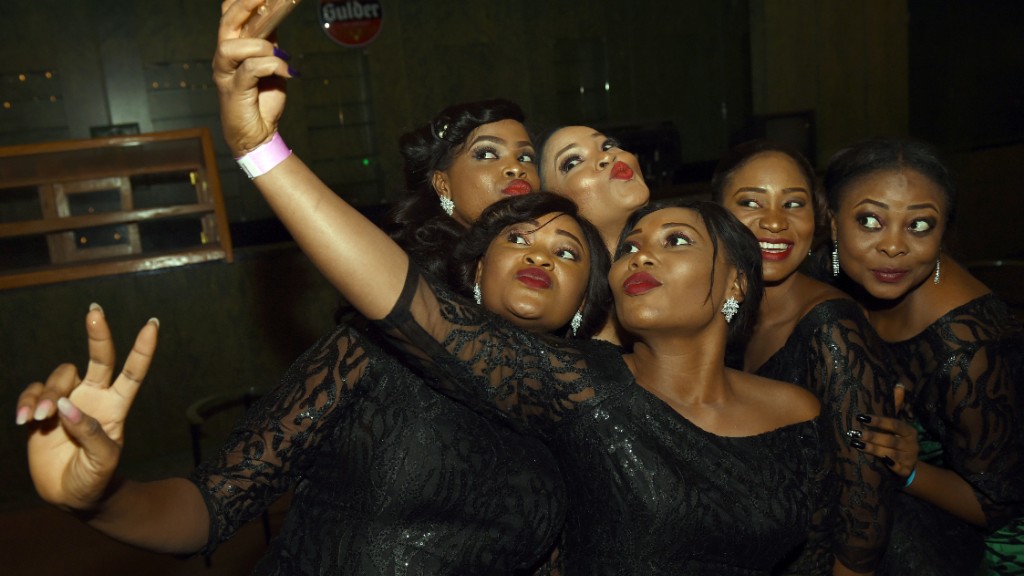
Investors have been rushing to Africa since the end of the global financial crisis, lured by untapped opportunities and high economic growth rates.
The push into Africa has been a perennial talking point at the annual World Economic Forum in Davos, Switzerland, prompting an increase in Africa's participation at the prestigious gathering of world leaders.
This year, however, the conversation may shift as investors reflect on the economic headwinds facing nearly all emerging economies. Davos 2016 looks set to be a tough one for African delegates as they try to maintain interest in the continent.
In Davos, marketing can be just as important as high growth rates.
South Africa was at the epicenter of excitement in 2010, when the country prepared to host the FIFA World Cup. The South African delegation pulled off a cheap but highly effective marketing campaign as Davos attendees sported scarves emblazoned with the South African flag.
Nigeria copied the stunt in 2011 and a scarf-based rivalry broke out. Delegates pledged their unofficial allegiance by wrapping themselves in their favored neckwear.
This "battle of the scarves" seemed to mark a change in perception toward the continent. Africa was no longer seen as the global economy's "problem child." It became the last economic frontier.
This year another shift may be in the cards.
The weak Nigerian currency and the collapse in oil prices have wiped billions of dollars from Africa's largest economy. The whole country is feeling the effects, including Africa's richest man, Nigerian billionaire Aliko Dangote. Analysts say Dangote's net worth declined by 17% over the past year to $17 billion.
This isn't just a Nigerian problem, though. Low commodity prices and currency volatility are among the key themes plaguing Africa and its investors in 2016.
The South African rand has hit new all-time lows, with the currency depreciating more than 30% over the past year. Africa's most industrialized nation is expected to grow by just 1.5% this year.
Most African countries have also been impacted by slowing growth in China and the tightening of interest rates by the U.S. Federal Reserve. The frightening rise of terrorist groups also affects countries like Nigeria, Kenya and Mali.
This year African delegates will have to convince investors to stay committed to the continent by focusing on the very same sectors that received so much attention just two years ago: retail, telecoms, power and infrastructure.
But it's not all gloomy. Sub-Saharan Africa is still expected to clock in growth of 3.75% in 2016 and is still home to some of the fastest growing economies in the world.
In fact, this year's most interesting stories may come from some unexpected places. Countries such as Ethiopia, Rwanda, Tanzania and Mauritius are all showing promise with strong growth rates, albeit from a low base. While these countries don't have a big presence in Davos, they are currently the most resilient economies in Africa. Perhaps they should consider investing in a few scarves.


